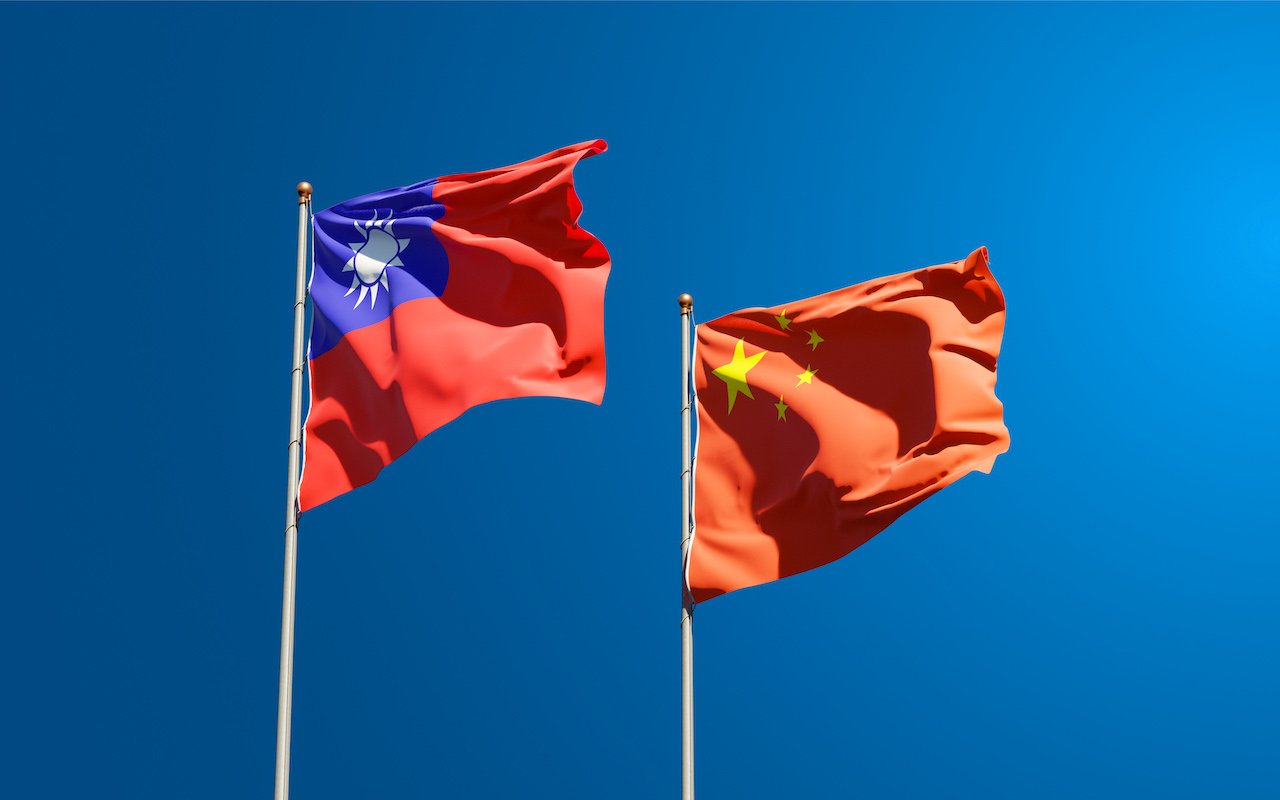The Indian social media platform Koo, which positioned itself as a rival to Elon Musk’ X (formerly Twitter) and was valued at $270 million after raising $70 million, has announced it will cease operations. This decision comes after unsuccessful talks to be acquired by Dailyhunt, a news aggregator app.
Despite attracting significant investment from prominent venture capital firms, including Tiger Global and Accel, with total funding exceeding $70 million, Koo faced challenges in growing its user base and achieving profitability. The platform’s unique selling point was its focus on supporting multiple Indian languages, offering a more localised alternative to X.
However, this strategy proved insufficient to overcome the financial difficulties that led to its closure. Koo also marketed itself as being different from Twitter as it gave voice to propaganda and hatred, a situation that put Twitter and the incumbent government at loggerheads.
Koo founders, Aprameya Radhakrishna and Mayank Bidawatka, said, “We explored partnerships with multiple larger internet companies, conglomerates, and media houses, but these talks didn’t yield the outcome we wanted.”
Koo initially gained traction during the heightened tension between Twitter and the Indian government, reports TechCrunch. The conflict arose when Twitter challenged the government’s opaque requests for content removal.
Jack Dorsey, Twitter co-founder, claimed last year that the Indian government had threatened to shut down the social network in the country and raid the homes of its employees.

In February 2024, the Indian government ordered X to remove content critical of its policies.
Amidst this backdrop, Koo positioned itself as a compliant alternative, pledging to adhere to local regulations. This stance garnered significant support from high-profile Indian politicians, although it failed to attract opposition party members (or actually any substantial engagement from people). Koo also made strides internationally by launching its app in Brazil.
However, the prolonged funding winter, which pressured startups worldwide to enhance their revenue streams and financial health, ultimately proved insurmountable for Koo.
“A prolonged funding winter which hit us at our peak hour our plans at the time and we had to tone down on our growth trajectory,” the founders stated.
Koo’s closure highlights the difficulties encountered by Indian tech innovators and their financial backers when attempting to create domestic alternatives to well-established U.S. social media platforms.
Despite concerted efforts to develop India-centric versions of popular networks like Facebook, Instagram, WhatsApp, Twitter, and YouTube, these American giants have consistently shown a remarkable ability to adapt to and serve the varied needs of India’s diverse user base.
The struggle of homegrown platforms to gain significant market share reflects the complexities of competing in the digital space, where network effects and brand recognition play crucial roles. Moreover, no valuable and sustainable ecosystem is built on hate, and Koo cosying up to the country’s extreme right will be considered an example of that in the Indian context.
In the News: Prudential Financial says 2.5 million affected by data breach






